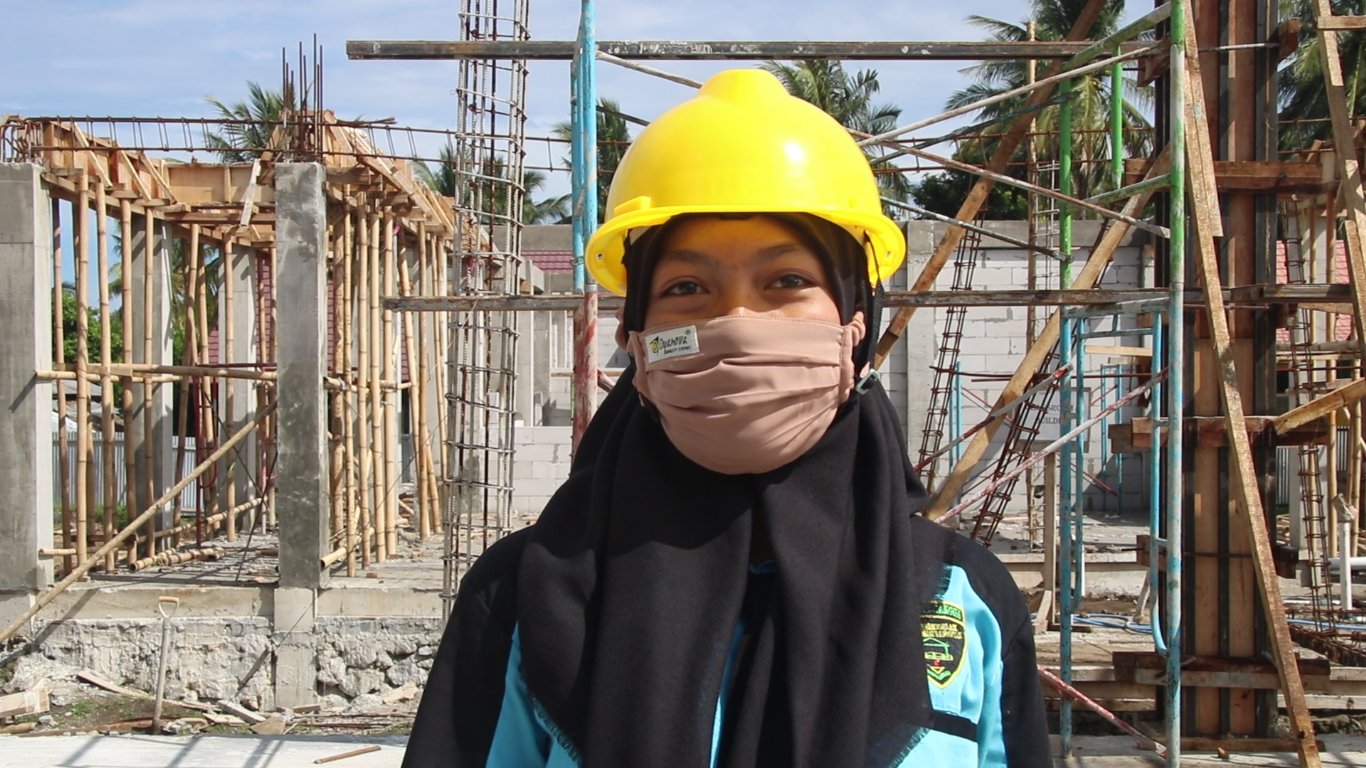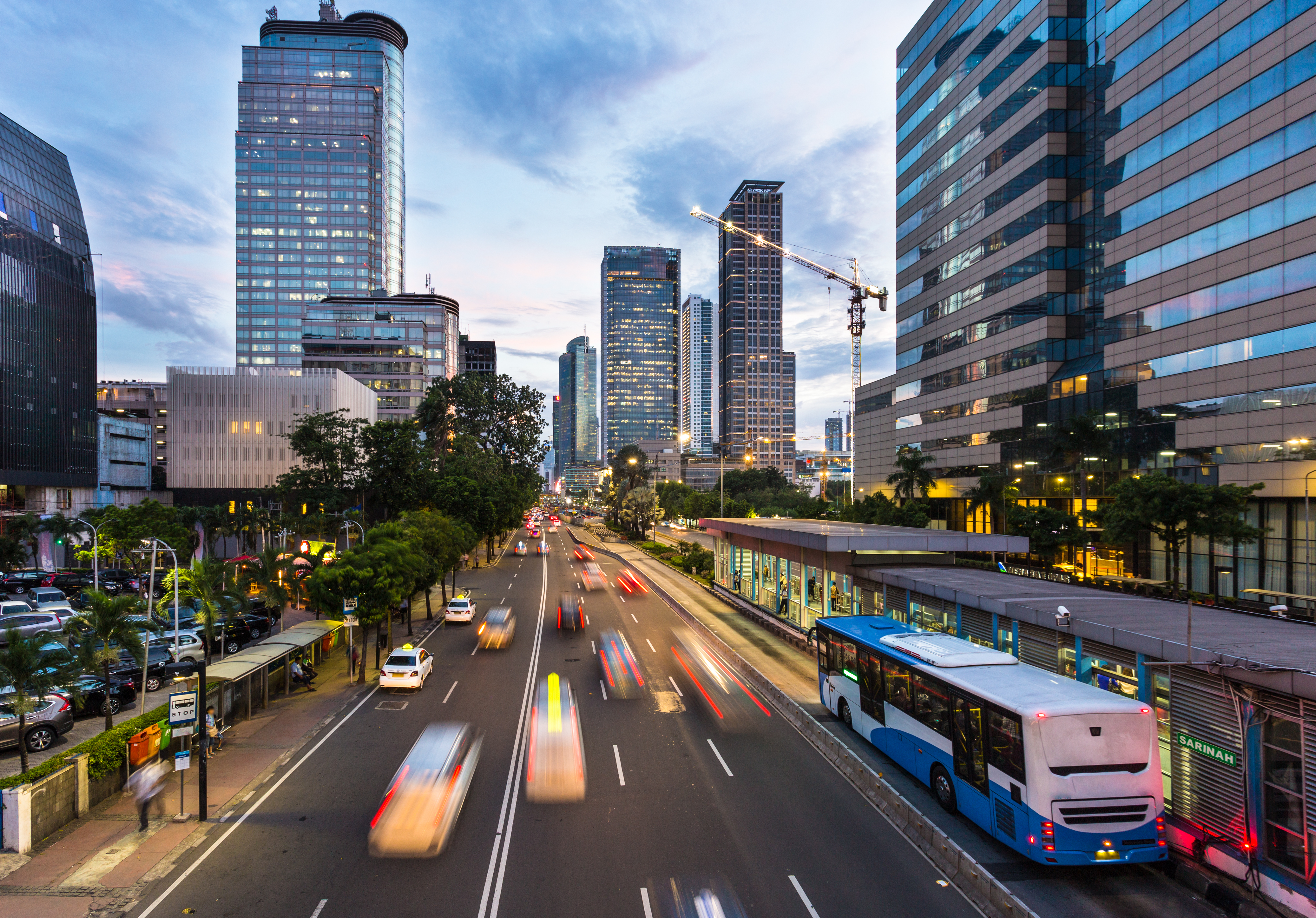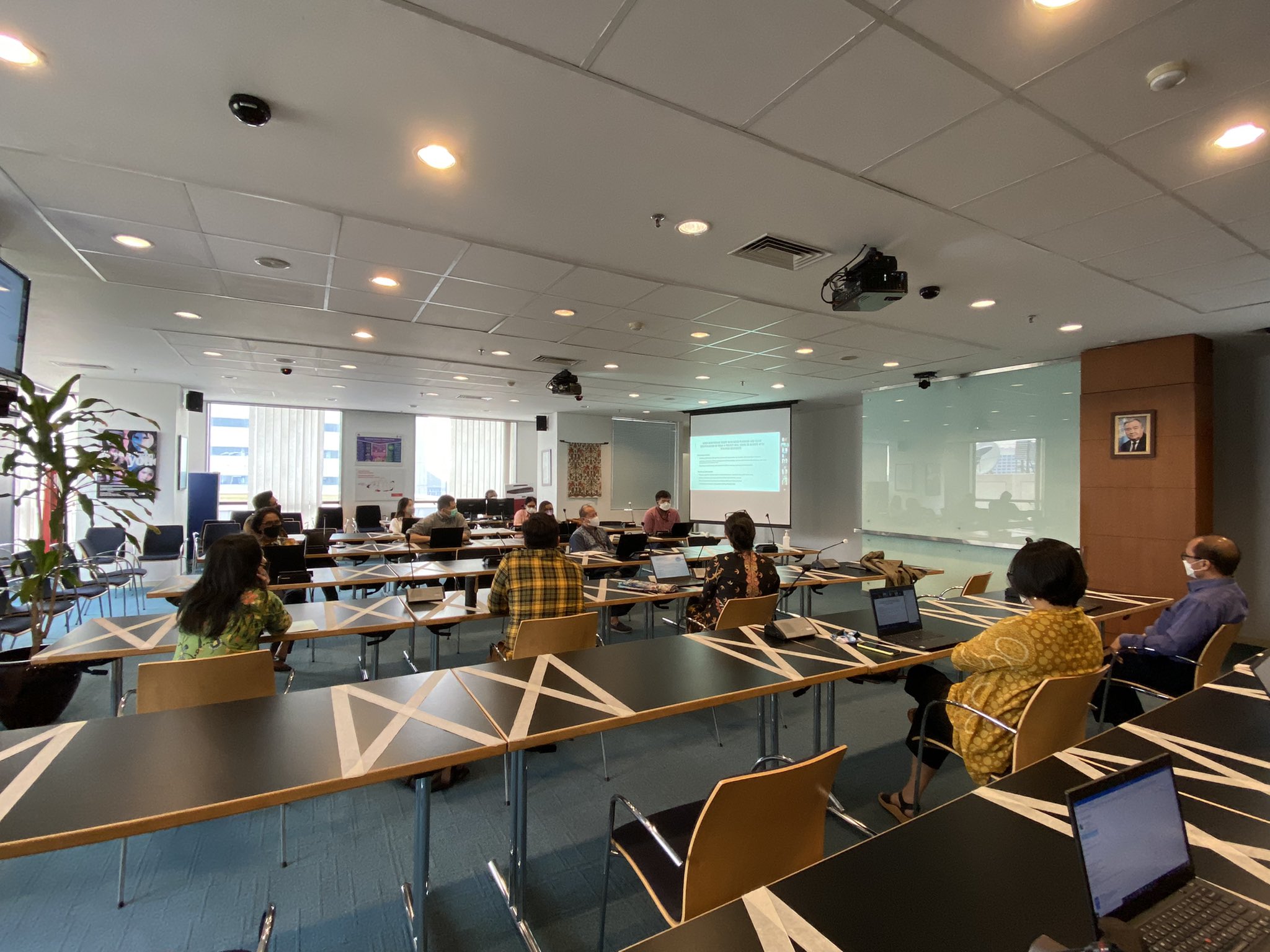By: Christophe Bahuet (UNDP Country Director) and Juliaty Ansye Sopacua (SDGs Advisor)
Since they were adopted at the General Assembly of the United Nations in September 2015, Indonesia has embraced the Sustainable Development Goals. The Government has shown strong commitment and taken early actions, including linking most of the SDGs targets and indicators to the national mid-term development plan (RJPMN), building on the strong convergence that exists between the SDGs, the President’s nine priority areas known as “Nawa Cita” and the RJPMN.
The signing by President Jokowi in July 2017 of the Presidential Decree no 59/2017 on SDGs implementation was a major milestone, which established the national SDG governance structure and mechanisms for planning and budgeting, financing, monitoring and reporting. While the Ministry of National Development Planning/BAPPENAS leads Government’s efforts in bringing the new agenda to both the national and sub-national levels, the Decree also gives a clear role to non Government actors. This is particularly important since Indonesia is one of the world’s best examples of civil society, private sector, philanthropy and academic institutions actively embracing the SDGs.
With a national structure now well in place, Indonesia’s success in achieving the SDGs will largely depend on three key factors, namely Acceleration, Financing and Inclusion that should be priorities for 2018 and the years to come.
Acceleration
Accceleration is required at provincial and district levels to localize the SDGs. By July 2018, local Governments should have adopted an SDGs Local Action Plan as mandated by the Presidential Decree. They should also have prepared for the integration of the Goals, targets and indicators in the next generation of local Medium-Term Development Plans. The experiences of provinces that have taken the lead in SDGs, such as Riau, where Government, civil society and private sector are working together on prioritization and planning actions with the help of a data analysis tool will be most valuable for nation-wide acceleration. There is also an urgent need to build local Government capacity around the SDGs, which could be achieved through the establishment of a SDG Academy for local officials.
Acceleration is also required in data collection. The National Bureau of Statistics has collected data for the SDG indicators, which now need to be complemented by data from the technical ministries as soon as possible. This is required to establish a strong baseline that will credibly measure progress towards the SDGs.
Financing
A fundamental shift needs to be made in looking at the SDGs as a trillion dollar opportunity, and not a funding gap to be bridged. In middle income countries like Indonesia, Official Development Assistance plays a decreasing role and the national budget will not be sufficient to reach the SDGs. The key for a quantum leap towards the Goals lies in diversifying financial flows and unlocking investments. Initiatives have been taken at both the national and local levels in Indonesia. These include the issuing of a sovereign Green Sukuk by the Ministry of Finance efforts underway to establish a first Sovereign Wealth Fund in Indonesia at regency level and new interest in impact investment and crowdfunding. Indonesia is also taking steps to harness the significant potential of Islamic Finance for the SDGs. Baznas and UNDP are working to support the collection of zakat for the SDGs, and there are also significant opportunities in developing waqf for the SDGs. Indonesia has huge potential to successfully develop innovative financing for the SDGs and the experience it is gaining is already of interest to many other countries.
Inclusion
A key principle of the new development agenda is inclusion and participation. Beyond consultations, platforms are needeed at national and local levels that will bring together Government, investors, companies, philanthropy, civil society and academic institutions and foster actual partnerships.
Those partnerships will require improvements in recognizing the respective contributions made by different actors to the SDGs. Experience from the Millennium Development Goals of 2000-2015 has shown that contributions from the private sector are often inadequately captured by government statistics, which typically focus on government programmes. A measurement of private sector contributions will be important to track the full scope of national efforts towards the SDGs. A SDG seal awarded to private companies would help give due recognition and provide incentives to the private companies that support the SDGs in Indonesia.
While philanthropy and civil society organisations are actively engaged in the SDGs in Indonesia, more needs to be done to include the youth. Recent dialogue between UNDP and students in Gajah Mada University of Yogyakarta and University of Padjadjaran (UNPAD) in Bandung show that there is a strong appetite from the youth to play a meaningful role. Universities are central to increase awareness among students and encourage them to act for the Goals, and we need more of them to mobilize the youth throughout Indonesia.
There are still more than twelve years left to achieve the Goals. This seems like a long time. It is not. The ambition of the 2030 agenda means there is no time to lose. Acceleration needs to happen now to deliver results in time, financing needs to be leveraged now to improve quality of life, and inclusion is needed now for every one to make the SDGs a success story in Indonesia.
***
This article was originally written and published as an opinion piece for the Jakarta Post 19 March 2018 http://www.thejakartapost.com/news/2018/03/19/sdgs-indonesia-2018-and-beyond.html

 Locations
Locations

















